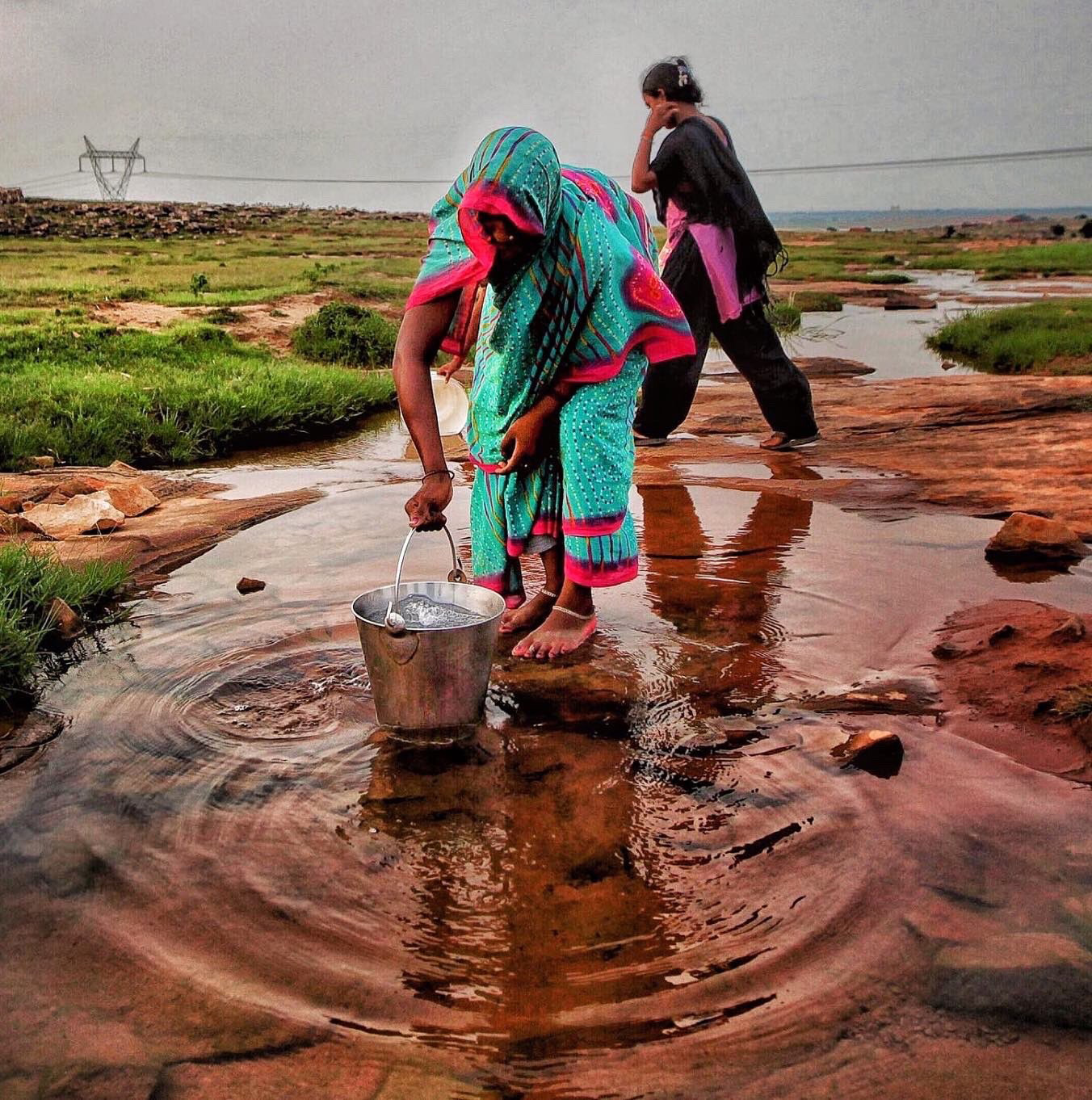
What is needed, along with fresh water, is fresh thinking. We need to learn how to value water. While, in some instances, that may mean making users pay a realistic price, it must never mean depriving already marginalised people of this vital resource, writes N.K. Mathur
The 22nd of March is observed as “World Water Day”every year all over the globe. This date was agreed upon by the United Nations General Assembly to be observed from 1993 onwards. Every year there is a theme associated with World Water Day. The theme for World Water Day 2022 is ‘Groundwater, making the invisible visible’. The matter concerns not only water conservation but the entire environment. The Dalai Lama looked at the broader definition of water conservation when he said “Every human should have the idea of taking care of the environment, of nature, of water. So using too much or wasting water should have some kind of feeling or sense of concern. Some sort of responsibility and with that, a sense of discipline.”
We are today faced with two contradictory facts: there is a lot of water on our globe; and we are perpetually running short of water for our domestic needs.
How do we reconcile these two facts?
Let us consider the matter in some depth. It is well known that though 70% of the world’s surface is covered with water, most of it is unfit for human consumption: 97% of it is saline, contained in oceans and seas, and the de-salination process is – with the technology available – very expensive. Out of the remaining 3% of the water on the earth’s surface, nearly 70% is locked in polar icecaps and glaciers and a large proportion of the groundwater is not easily accessible. Thus, ultimately, only a small proportion of the world’s water resource is available for quenching our needs of drinking, irrigation, cattle and industrial use.
The original source of water is ‘precipitation’ in various forms like snow, hail, sleet, fog, mist and rainfall. When this water flows over the earth’s surface, it is referred to as surface water e.g. lakes, streams, rivers, ponds. When water percolates into the ground and flows below ground level, in the pores of the soil layers, it is referred to as ground water. This water flows according to the hydraulic gradient, somewhat akin to the surface gradient. The water quality varies according to the source as well as the media through which it flows.
Need for fresh thinking

What is needed, along with fresh water, is fresh thinking. We need to learn how to value water. While, in some instances, that may mean making users pay a realistic price, it must never mean depriving already marginalised people of this vital resource. It is an irony that those with the lowest income generally pay the most for their water.
In order, therefore, to utilise the water for our needs, we must share it with irrigation, which consumes about 60% of it, industrial use takes away another 25% and just about 10% is for our use! Obviously we must use this surface water in the most conservative manner. Four methods come to my mind. Firstly – we should be ‘miserly’ in using water. In other words not waste it e.g by keeping the tap running unnecessarily. A little thought about this will clearly indicate the possible saving periods while we are shaving, brushing teeth, bathing, washing kitchen utensils, car washing etc. Attention to leaking taps and other water outlets can result in considerable savings. Secondly, the wastewater from kitchen and bathroom (not the toilet flush) can be chemically treated and used for gardening and watering our plants and surroundings. Some countries have evolved scientific processes for this purpose and these have been applied, on a smaller scale, in India too. Re-use of toilet flush water is also feasible.
Thirdly, the run-off water from roadside, open spaces, large office establishments etc. should be collected and utilised for general purposes like washing, gardening, water cooler, keeping surroundings clean – cleanliness being the first requirement of health!
While on this topic, let me add that Companies and Organisations have to devise methods to calculate and reduce their water footprint. They need to establish corporate benchmarks, keep an eye on water use across the supply chain, look out for future water supply shortages and their impact on business, stay up-to-date on water efficiency, recycling, and reuse, etc. and include water conservation as part of ‘corporate social responsibility’. In so far as irrigation is concerned, various methodologies like drip irrigation, efficient sprinklers are being employed to ensure the best utilisation of water.
Lastly, it is well known that rainwater harvesting is the ‘in’ thing today. This is my fourth point. As its name indicates, this comprises collecting rainwater as it falls, transporting and collecting it in deep wells located at technically designed spots, and releasing it for re-charging the ground water. Several other techniques have been deployed: for example sub-surface dams, flood diversion, fog & dew harvesting, and even artificial rain! Over a period of time – may be a couple of years or more – the water table would rise and become available for pumping out for domestic use. We shall thus be making arrangements for, possibly, our next generation! Little wonder that twenty years ago the United Nations declared March 22 to be observed every year as World Water Day.
An Epilogue
Much has been said and written about the importance of water in our life. This Paper addresses the more mundane aspects. No attempt is made to highlight the ‘bleak’ situation which could arise in certain circumstances, nor is any attempt made to present the available volumes of water. The Paper presents the positive side of water conservation in practical and plain language. By imbibing these ideas in our day to day living at home and at workplace, we shall be contributing a lot towards water conservation.
Moreover, as socially responsible citizens we should be aware of our water footprint i.e. the amount of water consumed by our household. We should also look as to how we contribute to community projects in this regard.
It will thus be seen that water harvesting as well as conservation of today’s available water are equally important responsibilities devolving on us. Water is as important for us as for our future generations. Let all of us work together for it.
(Mr Mathur is former Special Secretary and Adviser Telecom Commission GoI)














